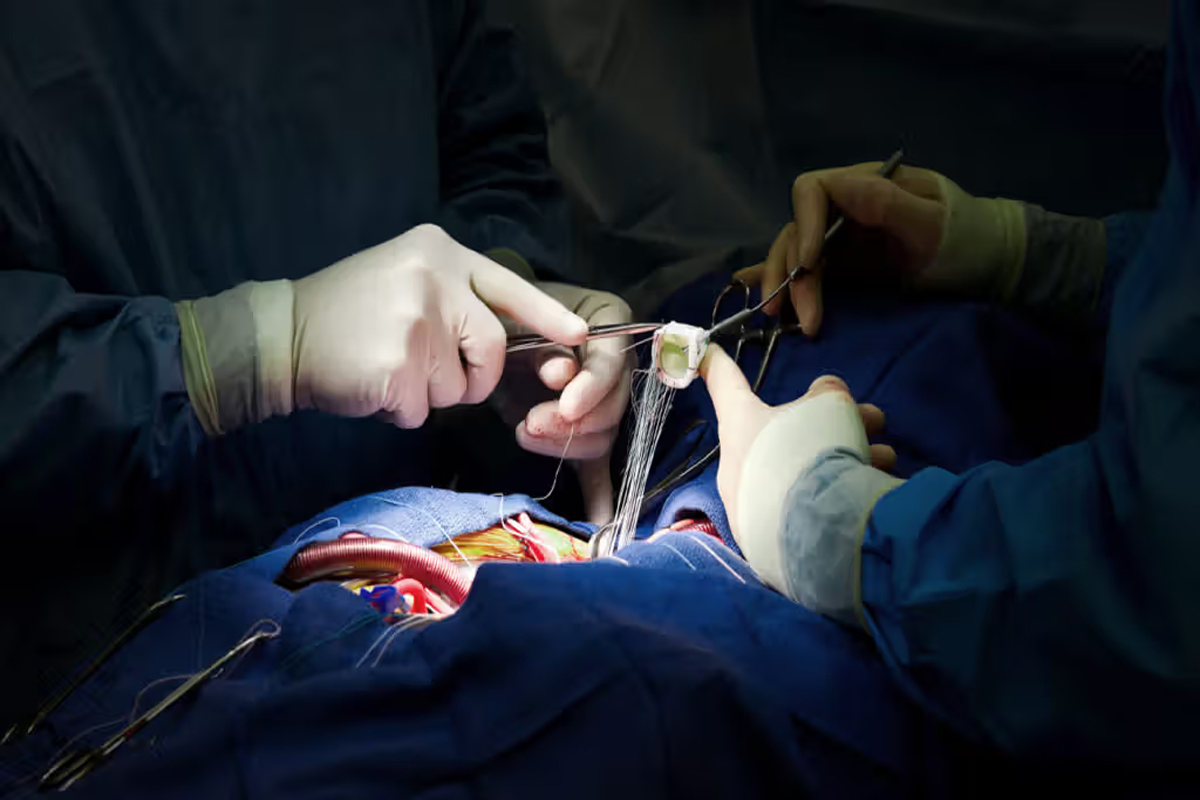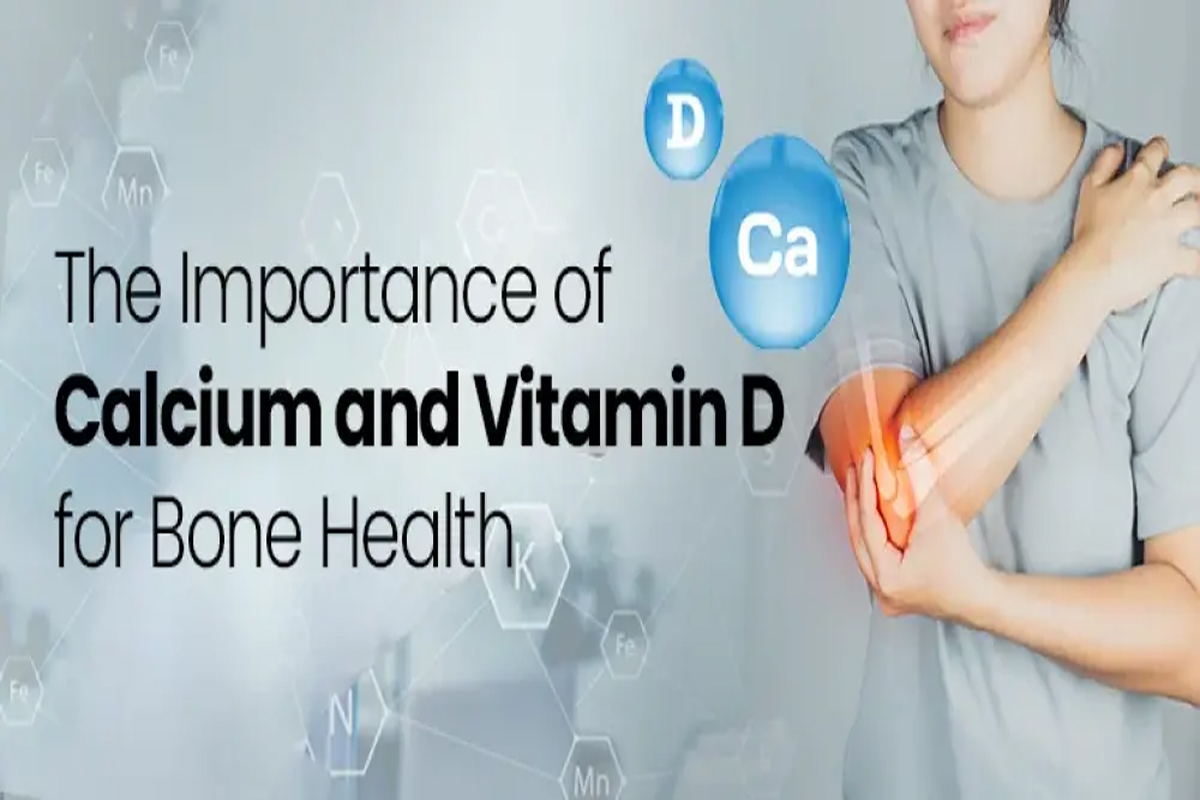
When Heart Surgery is Required and When It’s Not: Understanding the Necessities
By Dr. Sanket Garg in Cardiac Surgery
Aug 30, 2024
Heart surgery is a significant medical procedure often seen as a last resort for treating severe cardiac conditions. However, not every heart problem necessitates surgery. This article explores when heart surgery is required, when it is not, and alternative treatments available.
When Heart Surgery is Required
Heart surgery becomes necessary when less invasive treatments fail to manage or correct life-threatening heart conditions. Here are some scenarios where heart surgery is typically required:
1. Coronary Artery Disease (CAD):
- Severe Blockages: When coronary arteries are severely blocked or narrowed, restricting blood flow to the heart, coronary artery bypass grafting (CABG) may be necessary. This surgery involves creating new pathways for blood to reach the heart muscle.
- Unsuccessful Angioplasty: If angioplasty (a procedure to open narrowed arteries) fails or is deemed unsuitable, bypass surgery may be recommended.
2. Heart Valve Disease:
- Valve Stenosis or Regurgitation: Conditions like aortic stenosis (narrowing of the aortic valve) or mitral regurgitation (leakage of the mitral valve) can severely impair heart function. Valve repair or replacement surgery can restore proper valve function.
- Severe Symptoms: When symptoms such as breathlessness, chest pain, or fatigue become severe and affect the quality of life, surgery may be necessary.
3. Heart Failure:
- Advanced Heart Failure: In cases of advanced heart failure where the heart cannot pump blood effectively, surgical options like a heart transplant or implantation of a ventricular assist device (VAD) may be required.
- Structural Issues: Surgical procedures to repair or replace damaged heart structures, such as aneurysms or septal defects, can improve heart function.
4. Congenital Heart Defects:
- Complex Defects: Children or adults with complex congenital heart defects, such as Tetralogy of Fallot or transposition of the great arteries, often require surgery to correct structural abnormalities.
When Heart Surgery is Not Required
Not all heart conditions necessitate surgery. Many can be effectively managed with medication, lifestyle changes, or less invasive procedures. Here are some examples:
1. Mild Coronary Artery Disease:
- Medication and Lifestyle Changes: Mild CAD can often be managed with medications (such as statins and beta-blockers), dietary modifications, regular exercise, and smoking cessation.
- Angioplasty and Stenting: For moderate blockages, angioplasty with stenting can open up the arteries without the need for open heart surgery.
2. Stable Angina:
- Medication: Stable angina, characterized by predictable chest pain during exertion, can be managed with medications like nitrates, beta-blockers, and calcium channel blockers.
- Lifestyle Modifications: Adopting a heart-healthy lifestyle can reduce symptoms and improve heart health.
3. Mild Valve Disease:
- Monitoring and Medication: Mild valve diseases, such as minor valve regurgitation, may only require regular monitoring and medications to manage symptoms and prevent progression.
- Non-Surgical Procedures: Minimally invasive procedures like transcatheter aortic valve replacement (TAVR) can be alternatives to open heart surgery for some valve conditions.
4. Early-Stage Heart Failure:
- Medical Management: Early-stage heart failure can often be managed with medications such as ACE inhibitors, diuretics, and lifestyle changes, including salt restriction and regular exercise.
- Implantable Devices: Devices like pacemakers or implantable cardioverter-defibrillators (ICDs) can help regulate heart rhythm without requiring open heart surgery.
Alternatives to Heart Surgery
Several less invasive alternatives to traditional heart surgery are available, offering effective treatment with reduced recovery times:
1. Catheter-Based Procedures:
- Angioplasty and Stenting: These procedures open narrowed arteries and place stents to keep them open.
- TAVR: Transcatheter aortic valve replacement is a minimally invasive procedure to replace aortic valves without open surgery.
2. Lifestyle and Medication Management:
- Healthy Lifestyle: Adopting a heart-healthy lifestyle can prevent and manage many heart conditions.
- Medications: Drugs to control blood pressure, cholesterol, and other risk factors can manage heart disease effectively.






